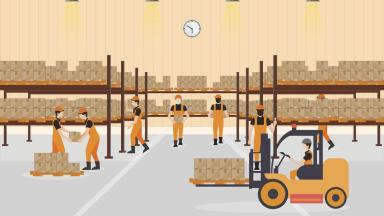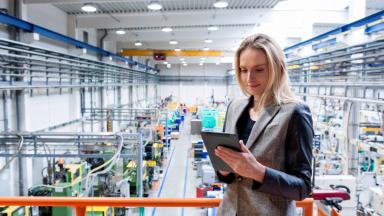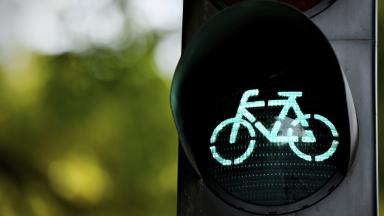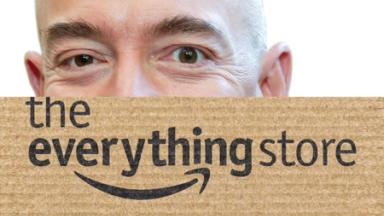
Karan Girotra
Biography
Karan Girotra is a Professor at Cornell Tech and in the Johnson School at Cornell University. Previously he was a Professor of Technology and Operations Management at INSEAD and Author of the Risk-Driven Business Model. Karan’s research has examined how new business models are disrupting centuries-old ways of doing things while creating game changing opportunities for business, society and governments. He has looked extensively at new business models in clean transportation, retailing, urban living and sustainable sourcing.
Karan engages actively with practitioners and policy makers. He is a regular contributor to the Harvard Business Review and a frequent TV and radio guest having appeared on CNBC, First Business News and many widely syndicated radio shows. He has given Keynote addresses at the World Knowledge Forum and for corporations such as McKinsey, Johnson and Johnson, Medtronic, ABB, Bayer, amongst others.
In addition to his academic work, Karan was one of the founders of Terrapass Inc., which the New York Times identified as one of the most noteworthy ideas of 2005. He continues to actively engage with startups as an
advisor, investor and mentor.
Karan blogs at the Harvard Business Review bloggers network.
You can read case studies by Karan here.
Latest posts
Designing Deals to Improve Demand Forecasts
Unpacking the Amazon-Whole Foods Deal
Rethinking Resilience in Global Supply Chains
Welcome to the Social Media Shopping Mall
How Bike Sharing Could Become Mainstream
Geolocation is Changing the Retail Business Model Yet Again
Car Dealerships Are a Bad Deal for Customers
Ceaseless Innovation
At Last, a New Business Model for Tesla
Extreme Focus and the Success of Germany’s Mittelstand
Business Model Innovation: The Gift that Keeps Giving
Outclassing Sourcing Champions
Generating New Business Opportunities
SXSW: INSEAD @ South by Southwest
The Henry Ford of Cardiac Surgery
The Renaissance Innovator joins the INSEAD bloggers network!
Changing the Way People Give…
A New Model for Gifts!








